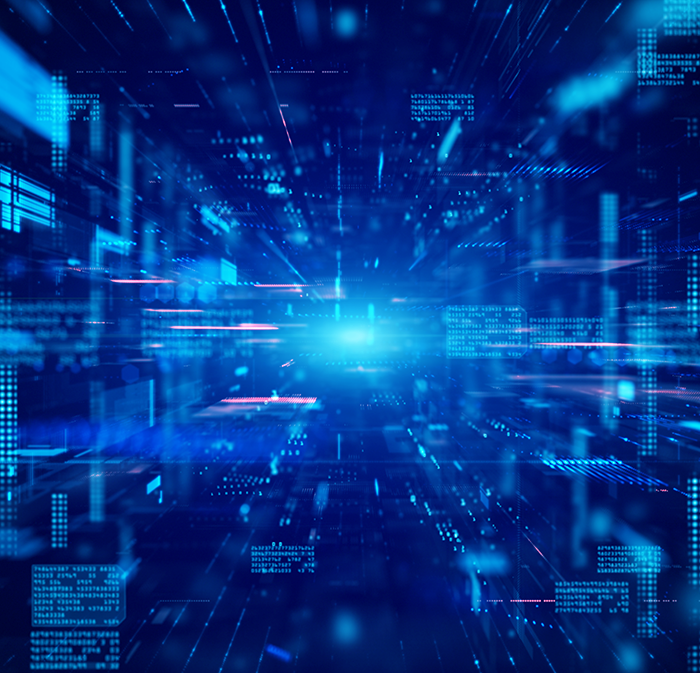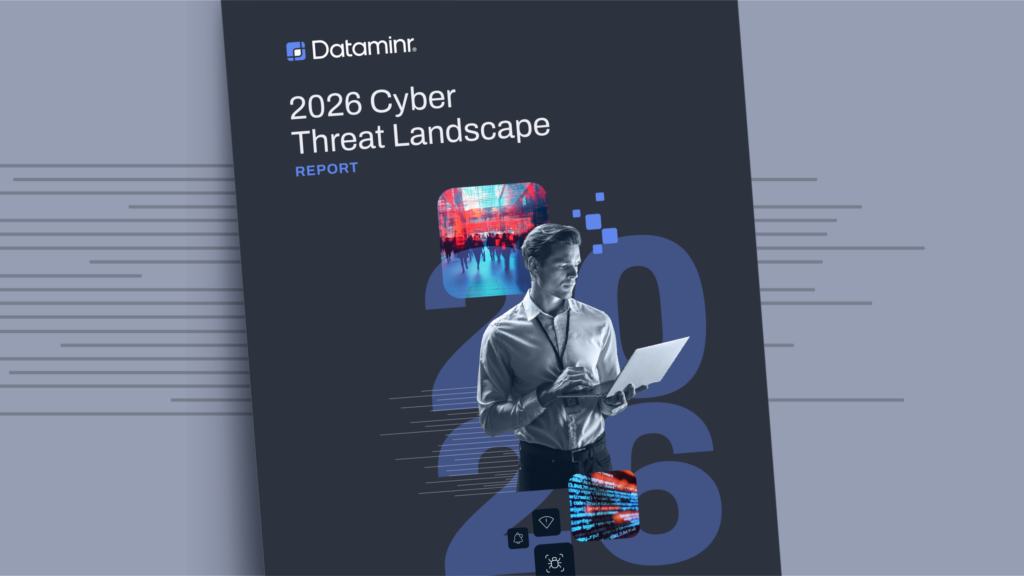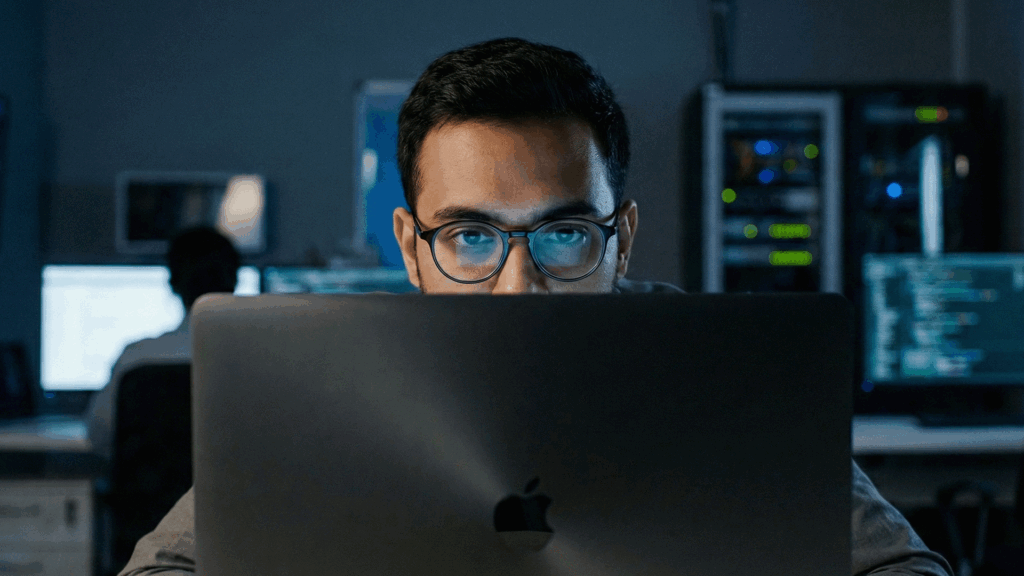As I reflect on the current state of global security, it’s impossible to ignore how profoundly technology has embedded itself into national and international security risks, challenges, and strategies. The security landscape is rapidly changing. With rising geopolitical tensions and increasingly sophisticated security threats, the world feels more unpredictable now than ever. Political dynamics on both sides of the Atlantic shift almost hourly, often playing out in the digital arena. Information now moves faster than mainstream news outlets can keep up, spreading across an ever-evolving mosaic of social media platforms and messaging networks.
My overriding takeaway from attending global forums like the Munich Security Conference 2025, Paris AI Summit, and the World Economic Forum in Davos, is this: technology lies at the heart of global security. Artificial intelligence (AI) and cybersecurity are no longer just tools—they are lifelines in navigating today’s geopolitical challenges. Public-private sector partnerships, ethical AI development, and international collaboration are not optional—they are essential for building a secure and adaptable future.
A Shifting Global Security Landscape
The global security landscape is undergoing a seismic shift, driven by emerging technologies that are redefining defense strategies, policing methods, and international relations. Put simply, the world’s security scene is changing fast, and it’s a big deal. New technology is shaking up how countries defend themselves, police their streets, and deal with each other. Tools like AI-powered analytics and cybersecurity aren’t just nice-to-haves anymore—they’re must-haves for keeping nations safe.
All this is happening while geopolitical tensions simmer, with tech playing a double role: it’s fueling fights and, at the same time, offering ways to cool them down. Take Ukraine for example. Cyberattacks, drones, and AI-spun disinformation are front and center in the Ukraine-Russia war. In the Middle East, social media is amplifying people’s voices and bringing human rights crises into the spotlight, while innovations in farming technology, water solutions, and green energy hold the potential to foster greater stability. Still, the political ground keeps shifting—particularly in the wake of evolving U.S. foreign policies that continue to shape international technology governance.
Key Technology Trends Reshaping Security
AI and the fight against disinformation
AI is at the forefront of combating disinformation, but it is also a double-edged sword. Machine learning algorithms can identify and counter misinformation, while simultaneously being exploited to create deepfakes and automated propaganda. Ethical AI development, robust regulatory oversight, and access to real-time information are pivotal in addressing this complex challenge.
The divide in AI regulation
Countries around the world differ in their approach to regulation; Europe advocates strict oversight to prevent misuse, and the U.S. prioritizes innovation and economic growth. Bridging this gap requires globally aligned policies that balance security, privacy, and technological progress.
Canada emphasizes ethical AI by embedding transparency and accountability into policy. Japan fosters industry-government collaboration to guide responsible innovation. Australia uses a risk-based framework to align AI with national interests while protecting consumers.
Meanwhile, the UK is taking a balanced approach by promoting innovation through flexible, principles-based regulation. This empowers existing regulators to oversee AI use while adapting to rapid technological changes.
Sovereign AI: enhancing national resilience
Countries are increasingly developing independent AI ecosystems to reduce reliance on foreign technologies. Germany prioritizes digital sovereignty by investing in open-source models, secure infrastructure, and proprietary hardware. France focuses on R&D and AI applications in sectors like healthcare and transportation. The U.S. accelerates innovation with projects like the $500 billion Stargate initiative. While these efforts strengthen resilience, they risk fragmenting global collaboration.
The impact of tariffs on security tech
Tariffs on critical technology, from semiconductors to cybersecurity infrastructure, are disrupting global supply chains and increasing costs. As governments impose trade restrictions, these shifts are prompting a renewed focus on business resilience, with increased demand for real-time threat detection, supply chain visibility, and adaptive cybersecurity strategies.
Meanwhile, geopolitical tensions fuel state-sponsored cyber threats, driving demand for advanced threat detection and adaptive defenses. As trade barriers evolve and geopolitical complications escalate, cyber threats are becoming more sophisticated and unpredictable. To stay ahead in an increasingly volatile landscape, businesses must invest in resilient infrastructure and strategic sourcing, while adapting swiftly to evolving global risks.
Cybersecurity: Safeguarding Critical Infrastructure
Protecting critical systems
Cyberattacks on essential infrastructure systems—power grids, financial networks, and defense mechanisms—are growing in sophistication. AI-driven tools are vital for identifying threats and mitigating vulnerabilities in real time, preventing crises from escalating.
Ethical AI in conflict zones
AI’s role in crisis management and humanitarian efforts is expanding, aiding decision making and protecting civilians. However, as discussed at the Munich Security Conference 2025, the deployment of AI in military operations raises ethical concerns, underscoring the dire need for international regulation.
Watch Video: Direct Relief: Improving the Lives of Communities Worldwide With Dataminr
Climate and Security: The Interconnected Crises
Climate change as a security risk
Extreme weather events, resource scarcity, and climate-induced migration are reshaping global security priorities. AI and big data analytics enable governments to predict and mitigate these risks proactively.
Green technology and global stability
Innovations in renewable energy and sustainable infrastructure reduce reliance on contested resources, minimizing conflict triggers. Strengthening the resilience of digitalized energy grids and water systems is vital to safeguarding environmental infrastructure.
Fostering collaboration for a secure future
Modern security challenges demand collaboration across governments, businesses, and the tech sector. Public-private sector partnerships are vital for driving innovation while ensuring new technologies align with security objectives.
Looking ahead, emerging technologies like quantum computing, biometric authentication, and autonomous security systems are set to redefine global security strategies.
Innovation with Accountability
In today’s shifting landscape, adaptability and real-time information are the backbone of next-generation security solutions. The ability to anticipate, detect, and respond to disruptions with speed and precision is no longer optional—it’s crucial. As a leader in real-time, AI-powered information discovery, Dataminr equips governments, businesses, and first responders with actionable insights to anticipate threats and enhance decision making.
Technology is fundamentally reshaping global security, offering unprecedented solutions alongside new challenges. From AI’s critical role in national security to the increasing importance of cybersecurity, it’s clear these advancements are indispensable. However, navigating rising geopolitical tensions and ethical dilemmas requires strong international collaboration and robust frameworks. By fostering partnerships, aligning AI regulations, and promoting green technologies, we can build a resilient and sustainable global future for generations to come.




